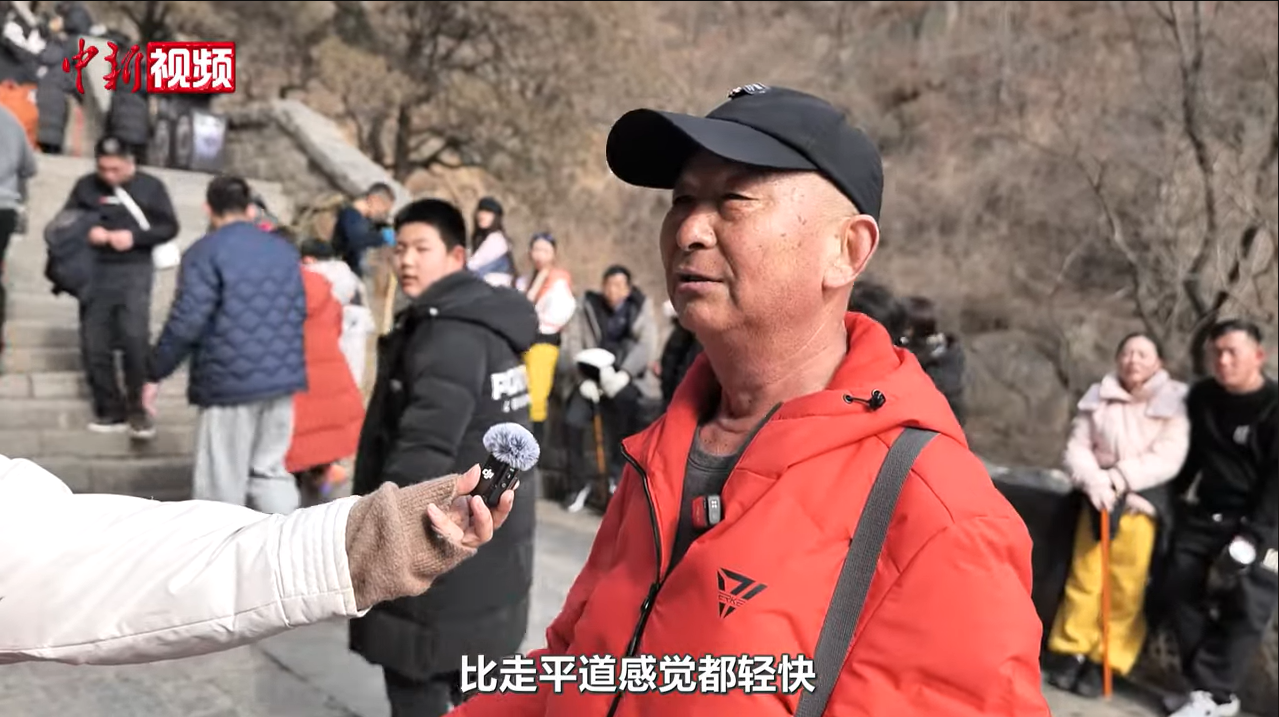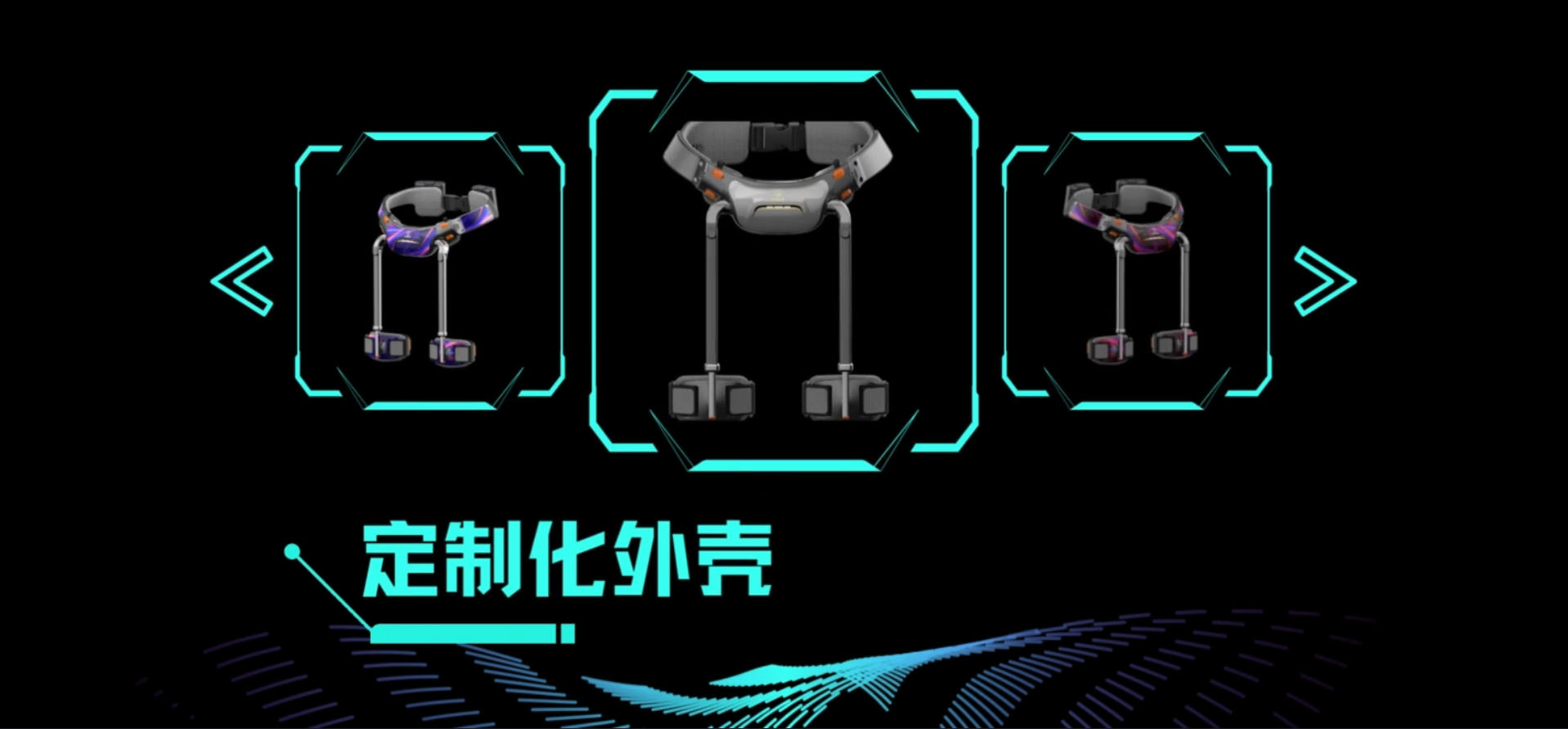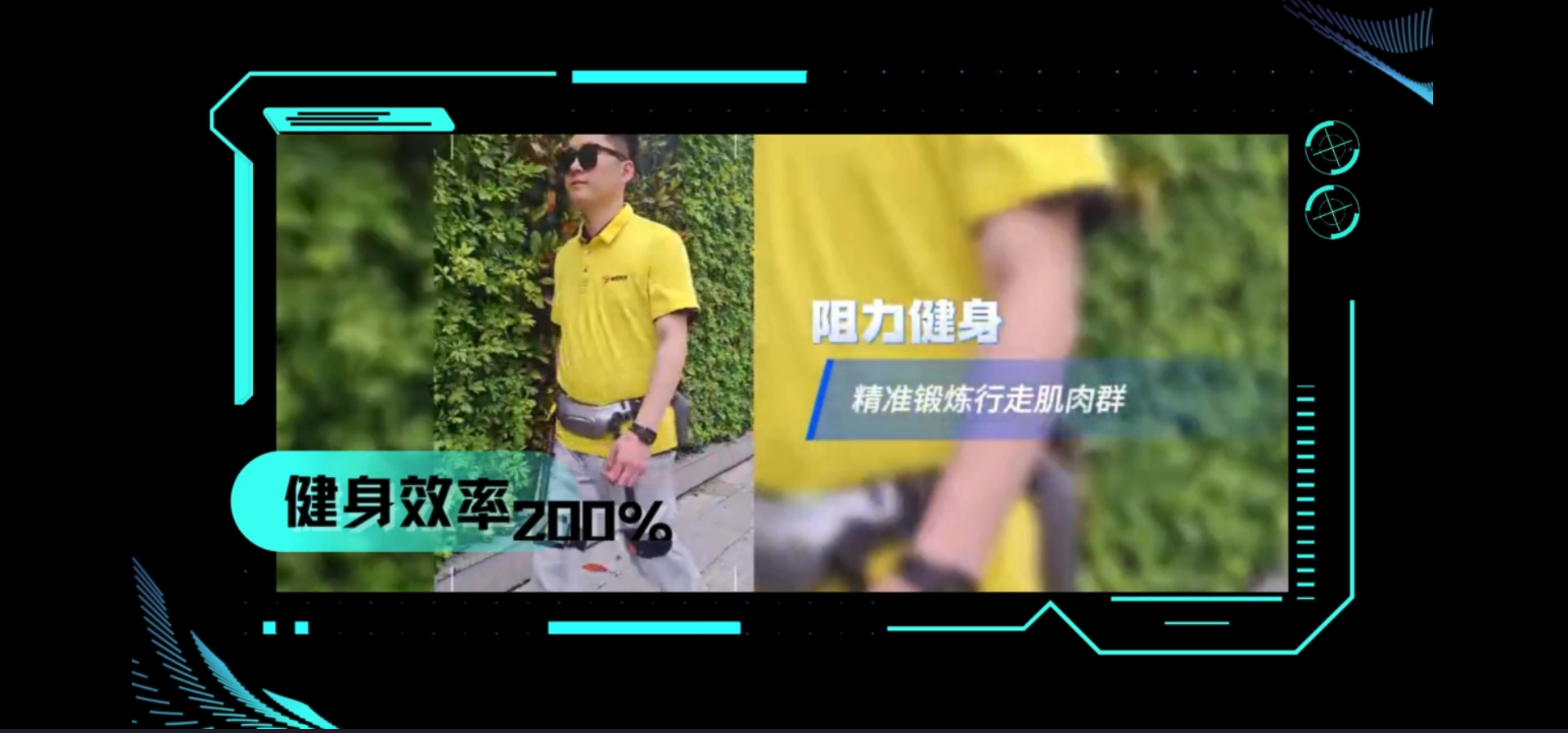
A Shenzhen-based exoskeleton company, Kenqing (肯綮), has drawn public attention after a video of tourists using its product to hike Taishan Mountain went viral.
In the video, an elderly tourist is seen wearing a pair of loop-shaped devices on his legs, which he says are "lifting" his legs and making the strenuous climb easier compared to a regular walk.

The product, called "π", is available for rent at the mountain known for its challenging ascent to the peak. Weighing only 1.8 kg, the device's motor can provide up to 400 watts of thrust, effectively reducing the wearer's burden during the hike.
"We have worked in this field for 10 years. After multiple rounds of technological iterations, our products have become lighter and our algorithms more intelligent. We have achieved our first successful application at Taishan Mountain," said Yu Yunbo, the founder and CEO of Kenqing, in an interview with Shenzhen Special Zone Daily.
Yu explained that his inspiration came from the wide-ranging applications of exoskeletons in protecting people's waists, arms, and knees. The company's first prototype weighed as much as 20 kg, but through continuous experimentation with high-strength, lightweight materials, as well as modular and detachable designs, the team was able to develop wearable devices suitable for public use.
ALSO READ: High tech benefits the disabled

Emphasizing the importance of artificial intelligence (AI) technology in his product, Yu stressed that the success of the "π" device lies in its optimized AI algorithm, which can sense and respond to subtle changes in human movements.
"Outdoor activities involve various scenarios, such as level paths, uphill climbs, and downhill slopes. If the device cannot effectively recognize or respond in a timely manner, the user experience will be very poor," he said.
READ MORE: Robots add futuristic twist to China's Spring Festival
This article is translated by China Daily from the original report in Chinese as published on the official website of Shenzhen Special Zone Daily.


